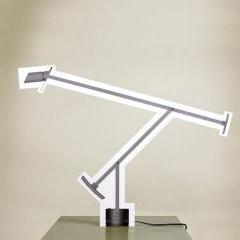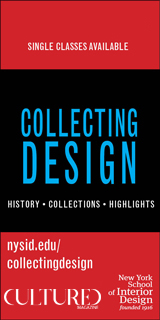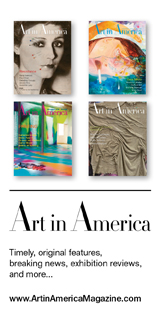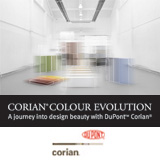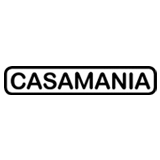Craig Badke
Lamp
This propositional design is a fully functioning task lamp that explores consumption, fashion, façade and sustainability.
Façade changes with fashion, hardware is re-used.
As a functioning cut-out image of a designer lamp, the ‘Lamp’ presents a potentially more benign model of consumerism. When the designer image of the product (in this case the Tizio lamp design by Richard Sapper in 1972) becomes aesthetically obsolete because of changes in fashion, the owner need only discard the paper cut-out and replace it with an images of the latest trendy lamp, while the functional components remain.
The Lamp is part of series of propositional designs that investigate aspects of the social nature of consumerism and the role of design in the consumption of image and identity. These objects represent a distinct approach to sustainability that attempts to address the underlying values and distortions that drive consumerism and the required cultural shift in thinking toward more stable forms of identity association.
The cut-out lamp takes away many of the environmental consequences of one’s consumer habits but leaves intact the underlying issue, the transitory nature of the consumption of image and identity. This propositional object draws attention to the consumption of images by reducing the lamp to its basic functional components supplemented explicitly and openly by façade. Such objects, which could conceivably be purchasable products, play with humour, satire and irony to explore sustainability within the design process.
Sketch Lamp
A fully functional propositional design that explores façade, sustainability, localization and user-engagement. Façades change from one user to another, lamp designs determined by user, hardware is standard and re-used.
The Sketch Lamps are also replaceable card cut-outs with functional lamp hardware, but here the lamp designs are simple sketches that could be produced by anyone, not just design professionals. The sketch lamps investigate a model of integrated scales of production that take advantage of the efficiencies of mass-production for the functional components, but draw upon local and individual creativity for their aesthetic image. The sketch lamps are an effort to explore, contrast, and discuss the merits and pitfalls of a more locally responsive alternative to producing goods than the dominant image driven mass-production model.
Craig Badke is currently pursuing a design-based PhD centered on the social nature of design and its implications for identity, meaning, and the environment.
“As a designer, I am very interested in design works that encourage social discourse and critically explore the social, cultural, and ethical contexts of our shared material culture. In this manner, design, as a liberal art, has the potential to help us better understand who we are and what we value.”
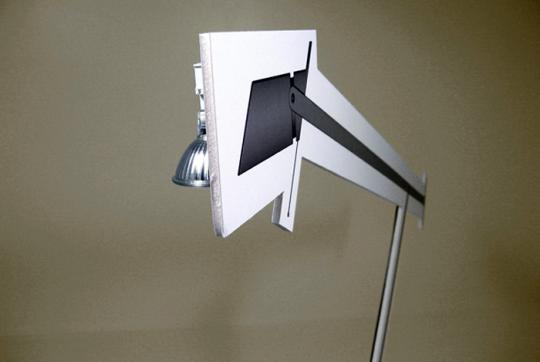
Craig Badke Lamp
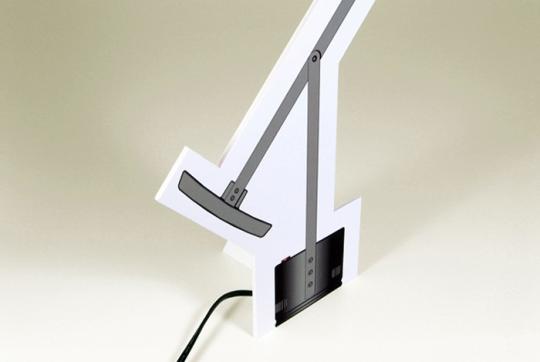
Craig Badke Lamp

Craig Badke Lamp
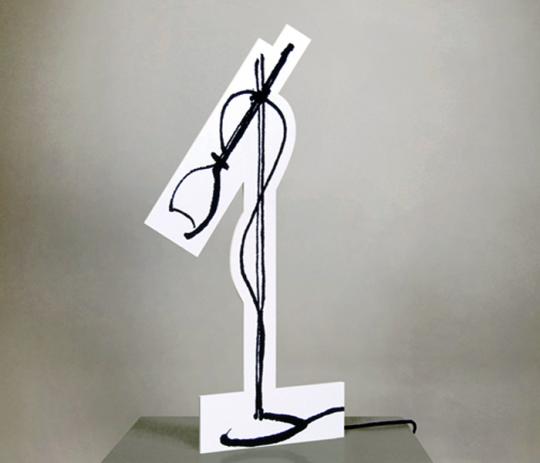
Craig Badke Sketch Lamp
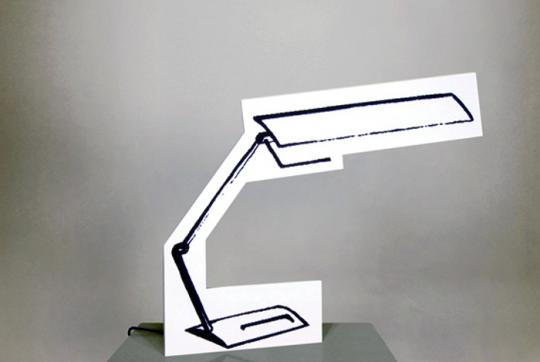
Craig Badke Sketch Lamp






